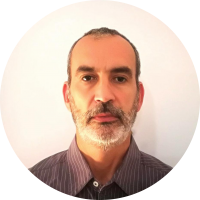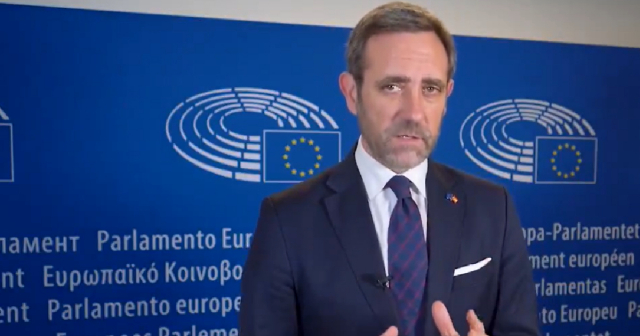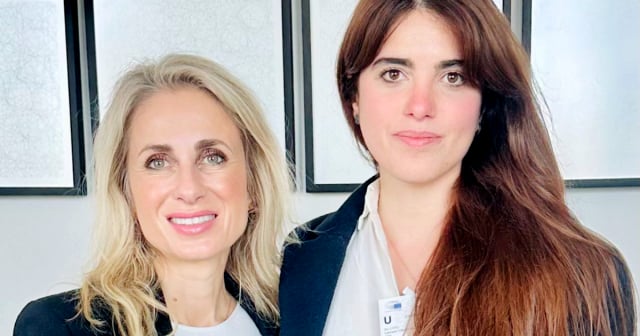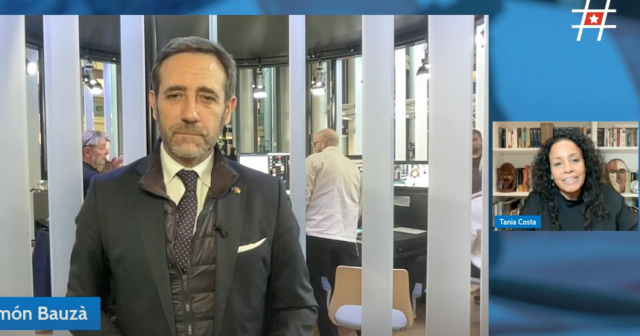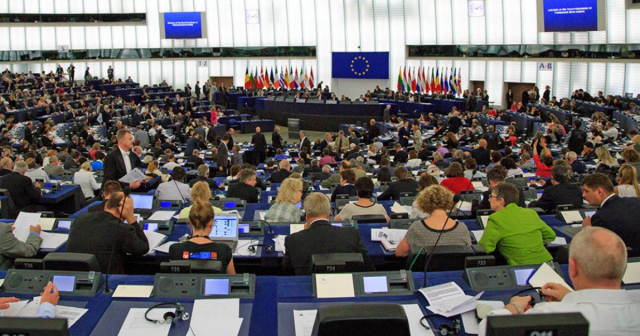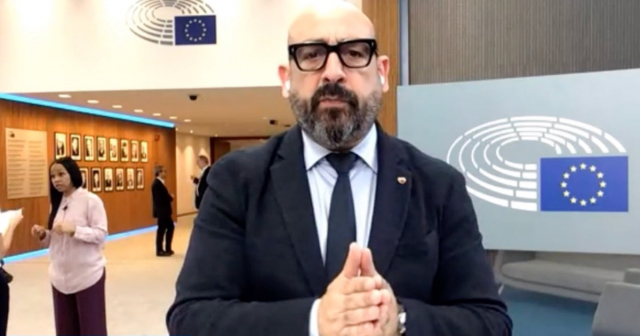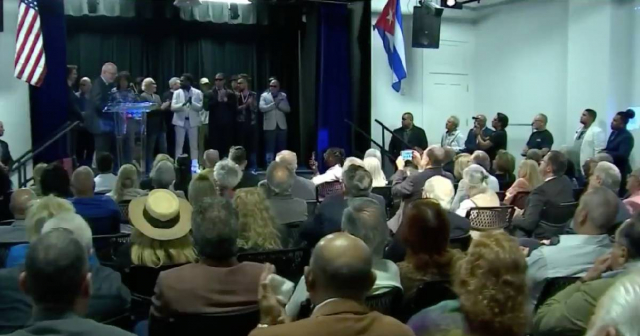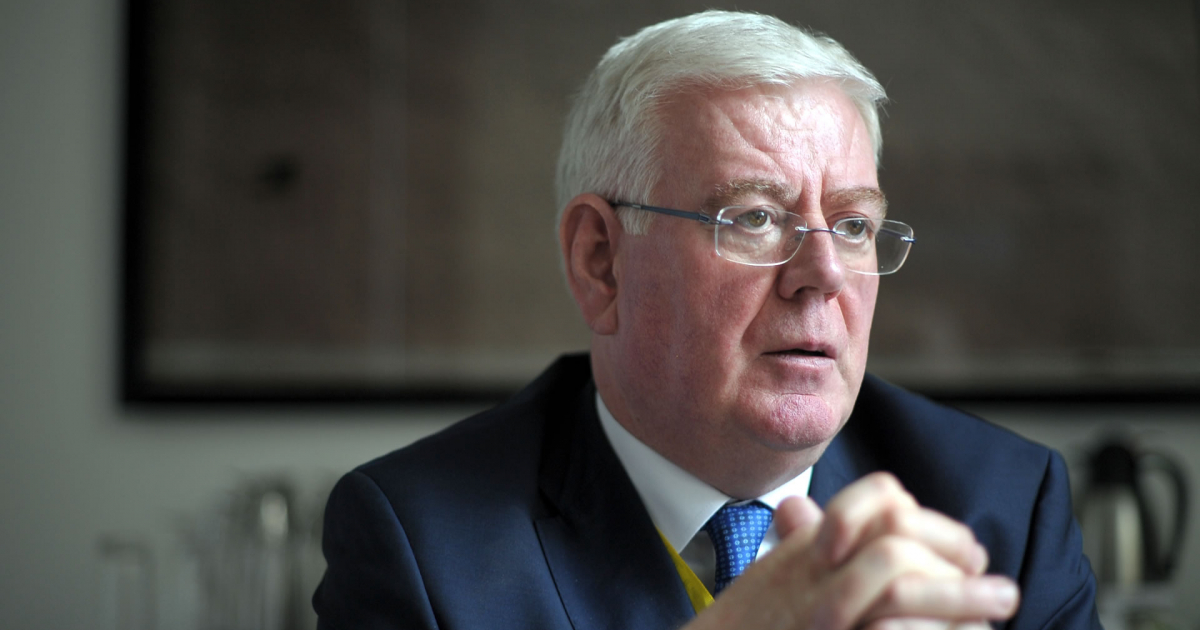
TheEuropean Union (EU) will send its Special Representative for Human Rights to Cuba, as announced in HavanaJoseph Borrell, head of diplomacy of the European bloc.
The visit ofEamon Gilmore, scheduled for the end of November, will serve to “analyze the situation created before, during and after the demonstrations and arrests” carried out by the Cuban regime afterthe historic protests of July 11, 2021.
This was stated by Borrell at the end of his two-day visit to the Cuban capital, which he attended to lead the structured dialogue that the EU maintains with the government ofMiguel Diaz-Canel, in addition tomeet with businessmen, European and Cuban citizens.
"This is an important result of this week's successful visit by High Representative Josep Borrell. I am already preparing to co-chair the next EU Human Rights Dialogue with Cuba later this year," Gilmore said on Twitter.
In his capacity as High Representative for Foreign Policy of the EU,Borrell traveled to Cuba to participate in the Joint Council which is foreseen as part of the mechanisms of the Political Dialogue and Cooperation Agreement (ADPC) between the EU and Cuba.
However,a “sudden viral illness” of the Cuban foreign minister,Bruno Rodríguez Padilla, left the Spaniard without the possibility of meeting his counterpart, who stated via Twitter that he looked“forced to maintain responsible isolation”.
Prevented from having exchanges with the Cuban foreign minister and leaving meetings with relatives of political prisoners, activists and Cuban opponents out of his agenda, Borrell returned to Brussels amid strong reproaches fromCuban civil society, and once again enduring the regime's disdain for the community bloc.
“The European Union has neither the capacity nor the will to impose changes in Cuba, but we do want to have a framework for dialogue that allows us to talk about everything that unites us and those that differentiate us without taboos or prohibitions,” he returned. declare the head of European diplomacy.
More than six years after the ADPC was approved (December 12, 2016) and its partial entry into force, replacing the policy of democratic conditioning contained in the 1996 European Common Position, the High Representative continues to support the mechanisms provided for in an Agreement skillfully used by Havana to spin the wheel without paying attention to any of the recommendations of its European “partners.”
The behavior of the Cuban regime, reluctant to undertake any change that weakens its position of power and increasingly confident in the effectiveness of its repressive apparatus to silence the protests in Cuba, has served as an argument for many European parliamentarians, officials and European governments torequest the suspension of the ADPC until their recommendations on human rights are met, including the release of political prisoners.
However, imbued with the spirit of dialogue and cooperation implemented in bilateral relations by his predecessor in office - the ItalianFederica Mogherini-, the Spanish politician repeated the mantra of “talking about all topics without taboos” with the Cuban authorities... but Rodríguez Padilla's chair remained empty, like that ofFidel Castro in the National Assembly,which was applauded by all the deputies.
"We appreciate that from the very beginning of the special military operation our Cuban friends (...)have clearly stated their position and expressed his full understanding in his assessments of the reasons that led to the current situation," said Russian Foreign Minister at the end of April,Sergei Lavrov, who did meet with Rodríguez Parrilla during his visit to Havana after the parliamentary elections in which Díaz-Canel was “re-elected.”
The head of diplomacyVladimir Putin He was also received by the dictatorRaul Castro and during a press conference in Havana he assured that “our military cooperation with Cuba is developing successfully, according to the agreements between both parties. "And I understand that the forms of this military cooperation satisfy both the Russian and Cuban sides," he stated.
With an international scene marked byRussia's invasion of Ukraine, the High Representative of the EU decides to travel to Havana in person to take charge of the negotiations with the Cuban regime, but it gives him a tour through Central Havana so that he can eat guava cakes and play dominoes with marked pieces, while independent journalists , activists and opponents are locked up and surrounded in their homes by State Security.
“Ukraine is a victim and Russia is the aggressor,” Borrell said in a statement to journalists, reported byReuters. "We hope to have Cuba as a defender (...) of the basic principles of international law to provide respect and territorial integrity of Ukraine's sovereignty," he added.
In November 2015,Eamon Gilmore He was appointed by Mogherini as his Special Envoy for the Peace Process in Colombia, a position in which he has continued ever since.
Since February 2019, Gilmore has also been EU Special Representative for Human Rights, a position from which he has maintained close collaboration with those involved in the negotiations of the Colombia Peace Agreement in 2016, including the Cuban regime, which has hosted in its capital several meetings of the negotiators.
What do you think?
SEE COMMENTS (6)Filed in:
